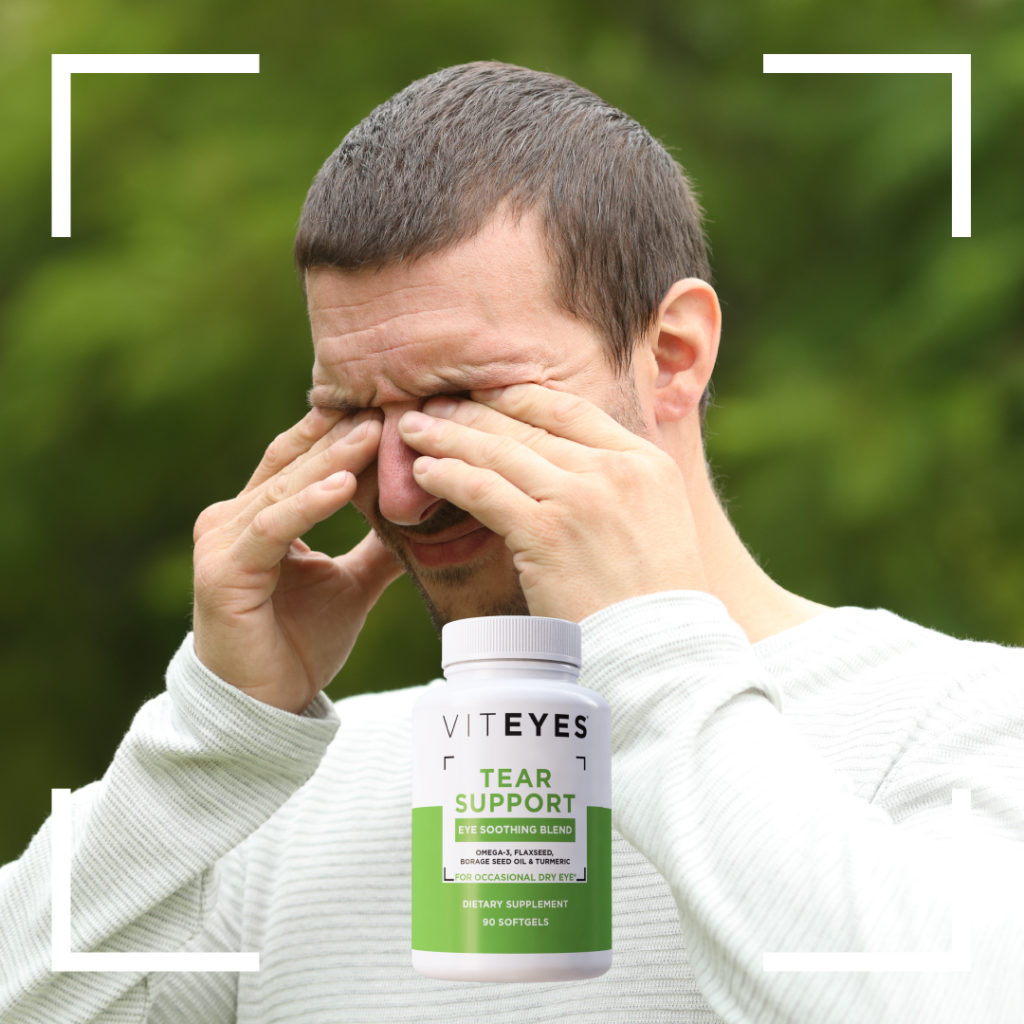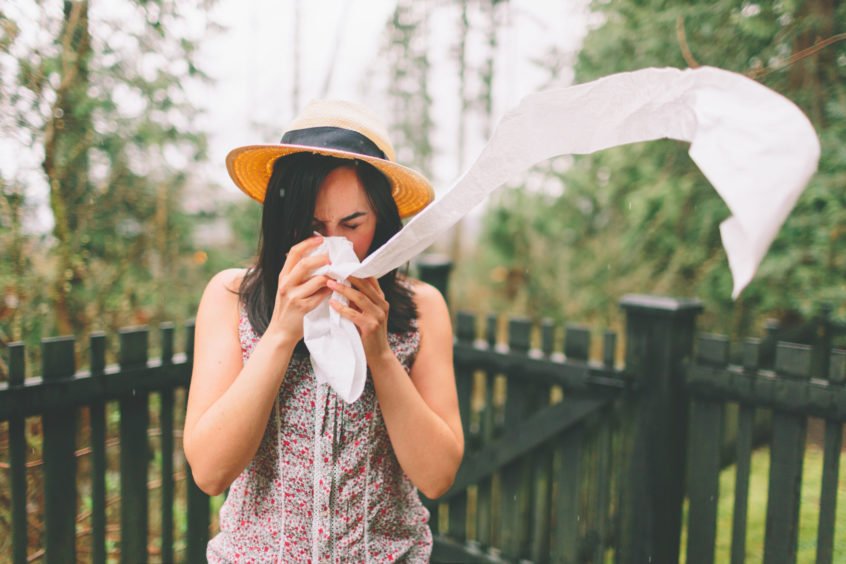With allergy season rolling around again, sufferers of allergic rhinitis – or hay fever – are sure to be dreading their annual dose of seasonal allergy symptoms, including persistent sneezing, coughing, irritated eyes, and general congestion.
According to the latest research, allergy season is starting earlier and getting longer, supposedly as a result of climate change which is causing more pollen to be released into the air.
This is bad news for seasonal allergy sufferers. However, by following a few simple guidelines, allergy victims can minimize the impact of allergic rhinitis on their everyday lives.
With this in mind, here are the top 4 things you can to do reduce your allergy symptoms this spring.
Shower and wash your clothes after being outside.
When you go outside during allergy season, it’s very probable that – once you come back inside – both you and your clothes are going to be covered in pollen, particularly if it’s a breezy day.
To stop these pesky particulates from wreaking havoc on your allergies after you’re back indoors, you should shower before bed and put your clothes in the laundry basket to avoid allergens sneaking onto your sheets.
Try an over-the-counter or home remedy.
If your seasonal allergies have already taken hold, then it might be time to try an over-the-counter or natural remedy to deal with common symptoms such as nasal congestion and a running nose, as well as coughing and sneezing.
Over-the-counter antihistamines can help to reduce the overall symptoms of allergies by blocking the histamines we produce in response to allergens, which cause our symptoms.
Likewise, according to research, natural alternatives such as Butterbur have been shown to exhibit similar properties to medicinal antihistamines.
Finally, decongestants and nasal sprays can help to relieve stuffiness in the nose so you can breathe easier this allergy season.
Use Viteyes to relieve itchy, irritated eyes.

One of the most irritating symptoms of seasonal allergies is having constantly dry, itchy, irritated eyes, which nothing can seem to alleviate.
However, Viteyes®Tear Support helps to maintain your natural tear film, stimulating tear production and relieving occasional eye dryness, thanks to hydrating ingredients such as Omega-3, borage seed and flaxseed oil, which targets eye dryness and irritation.
In addition to reducing this seasonal allergy symptom, Viteyes can be used for occasional dry eyes caused by using contact lenses, wearing masks and staring at screens, to maintain your ocular health.
Keep pollen out of the air of your home.
If there’s a nice breeze outside and you’re tempted to let in some fresh air, remember that this provides pollen with a direct pathway into your home. So, once allergy season starts, it’s always best to keep your windows shut, especially if it’s a breezy day.
More than this, getting a HEPA (High-Efficiency Particulate Air) filter for your home – or installing a HEPA filter to your air conditioning unit – can help cleanse the air of irritating pollen that may have made its way into your house, so your allergies aren’t irritated indoors.
So, to keep your allergies under control and to make the most of spring, make sure to use Viteyes Tear Support to relieve dry, irritated eyes, take allergy remedies when necessary, avoid opening windows and wash pollen away when you’ve returned home from being outdoors.
